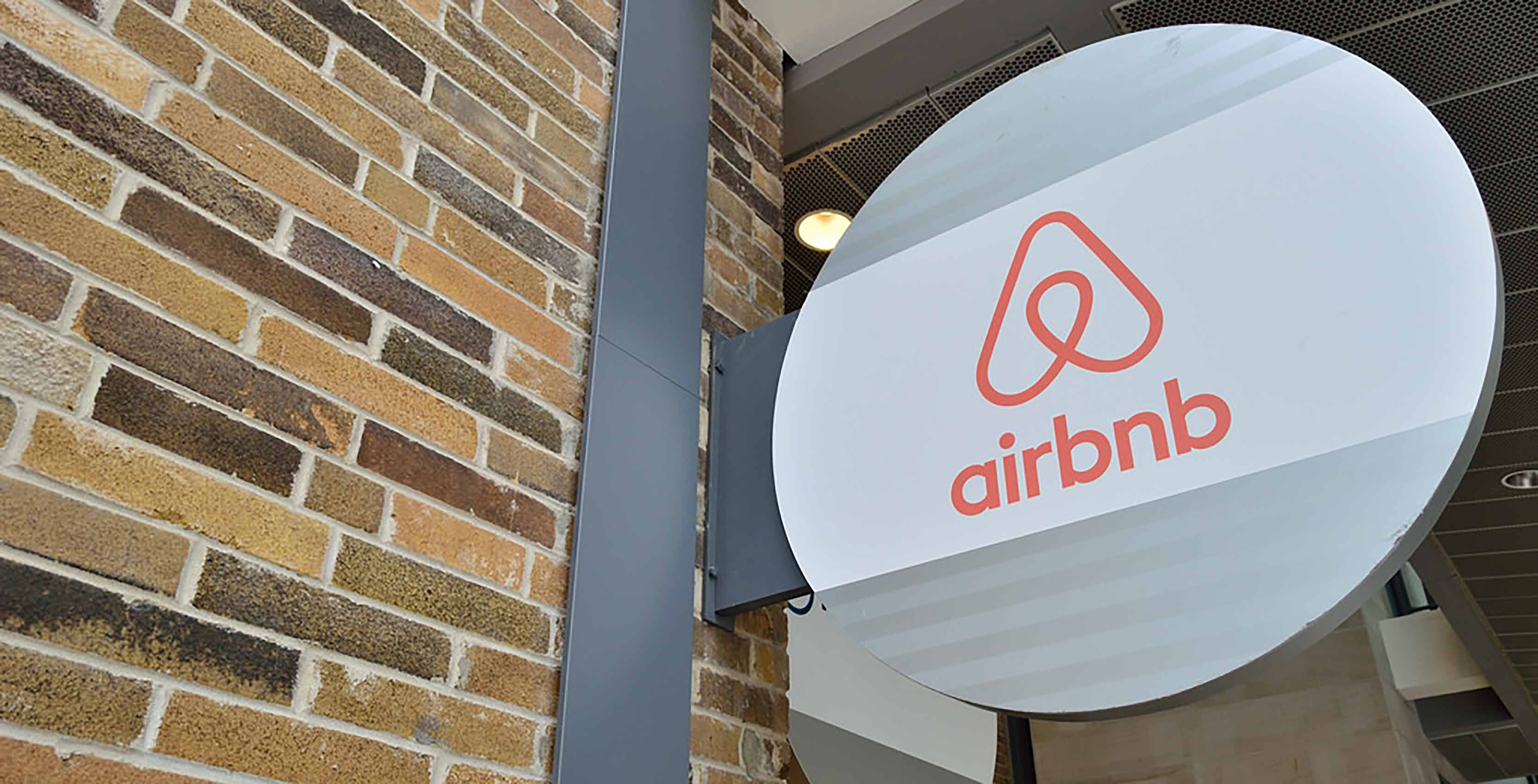
Toronto City Council passed a motion Thursday proposing that short-term rental platforms, including Airbnb, deslist thousands of houses and condos being used as so-called ‘ghost hotels.’
According to a January 31st, 2019 tweet published by Spadina-Fort York councillor Joe Cressy, Toronto City Council voted 21-1 to adopt a motion proposing that Airbnb and other short-term rental platforms “voluntarily abide by rules approved by City Council in 2017 permitting short-term rentals, while they are currently under appeal at the Local Planning Appeal Tribunal.”
With an overwhelming 21-1 vote Toronto City Council has formally called on Airbnb to play by the rules. Thousands of houses & condos have been removed from the housing market by investors & are being used as ghost hotels. Toronto has now formally called on Airbnb to de-list them. pic.twitter.com/KknpjvsjYO
— Joe Cressy (@joe_cressy) January 31, 2019
“Thousands of houses and condos have been removed from the housing market by investors and are being used as ghost hotels,” wrote Cressy, in the same January 31st tweet.
“Toronto has now formally called on Airbnb to de-list them.”
The motion was proposed by Cressy and second by Toronto Centre councillor Kristyn Wong-Tam.
Toronto City Council previously approved legislation governing the operation of short-term rentals on December 8th, 2017.
In addition to mandating that only primary residents of principal residences can list their dwellings, the City’s short-term rental rules require that primary residents register their short-term rental dwelling on an online database, pay an annual fee of $50 and adhere to a rule stating that residences only be listed for 28 consecutive dasy and no more than 180 days-per-year.
However, an appeal before the Local Planning Appeal Tribunal (LPAT) set for August 26th, 2019 means that the City’s short-term rental laws won’t come into force until the LPAT delivers its decision.
In the interim, Fairbnb — a coalition comprised of hotels groups, property owners, property renters and “other concerned citizens” — published a January 9th, 2019 report estimating that “If Toronto’s short-term rental rules were enforced today, Airbnb would have to remove 8,241 non-compliant listings.”
“Ever more residential properties are being permanently removed from Toronto’s housing supply and rented to tourists via short-term rental platforms like Airbnb,” reads an excerpt from Fairbnb’s Addressing Toronto’s Housing Crisis? report.
“This trend removes enough housing stock and significantly worsens Toronto’s already critical housing supply problem.”
According to CBC News, Fairbnb’s report was part of the basis for Joe Cressy’s motion.
MobileSyrup has reached out to Fairbnb for comment. This story will be updated with a response.
Source: Joe Cressy Twitter
Update 02/02/2019 12:48pm ET: Fairbnb’s Thorben Wieditz sent MobileSyrup the following statement via email.
“”Fairbnb Canada applauds Councillor Cressy and Councillor Wong-Tam for bringing this important issue back in front of Council. Toronto is suffering from a severe housing and homelessness crisis and the last thing this city needs are profiteers who turn scarce housing supply into tourist rentals on a massive scale.”
“For our local government to pass a motion that asks Airbnb to de-list non-compliant listings, in a 21-1 vote, signals that decision makers won’t be fooled by Airbnb’s marketing about ordinary residents who make ends meet. It is now up to Airbnb to to co-operate with the city and to become the good corporate citizen it claims it is.”
Update 01/02/2019 5:20pm ET: An Airbnb spokesperson emailed the following statement to MobileSyrup.
“Airbnb and its more than 14,000 Toronto hosts worked collaboratively with the city throughout the regulatory process for short-term rental regulations. A group of hosts launched an appeal at LPAT because they felt the regulations weren’t fair. That is their democratic right. This process exists for a reason and Airbnb will not infringe upon that right by implementing regulations that are currently being challenged.”
“Airbnb is also legally unable to abide by the requirements of the regulations that are currently under appeal as we do not have the authority to comply with regulations that are not in force. This could potentially open both the city and Airbnb to legal challenges.”
“It is troubling that Councillors Cressy and Wong Tam are working with the hotel lobby to advocate for bypassing a democratic appeal process put in place to give voice to the citizens of Toronto. The families using our platform share their homes a few nights each month to earn supplemental income that helps them make ends meet in an increasingly expensive city.”
MobileSyrup may earn a commission from purchases made via our links, which helps fund the journalism we provide free on our website. These links do not influence our editorial content. Support us here.


